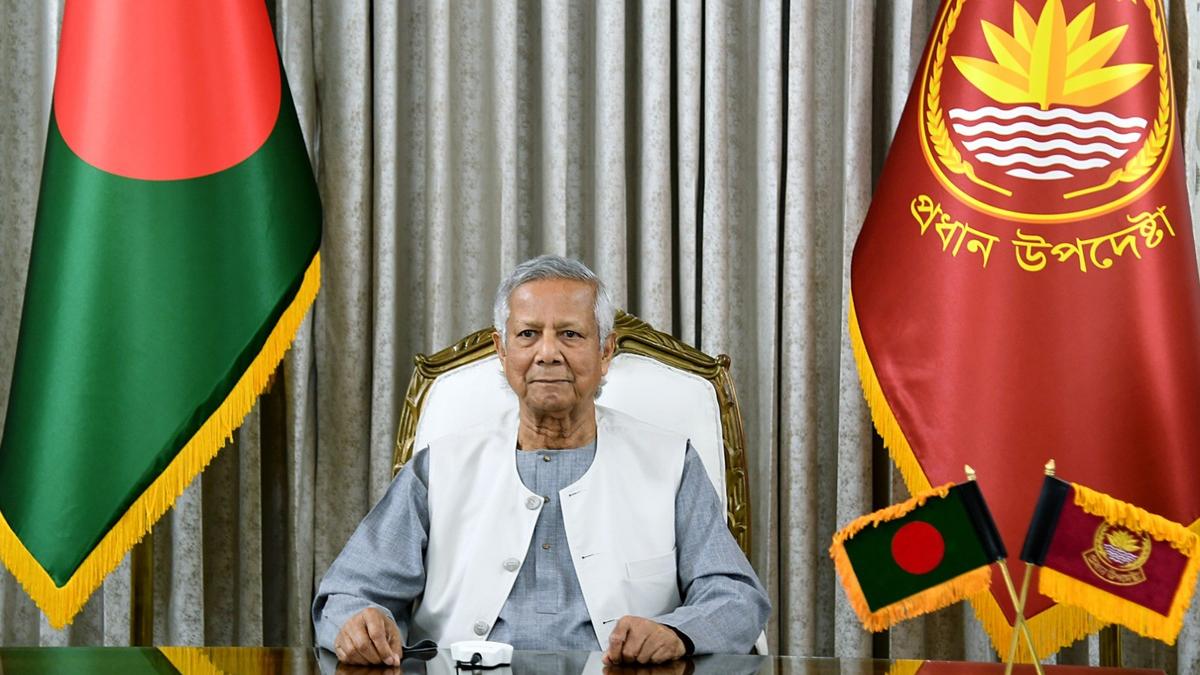Historically speaking, Bangladesh was once a part of Pakistan but gained independence in 1971 with the help of India. Today, Bangladesh stands as an independent nation. On paper, it presents itself as a democracy, but in practice, the lines between democracy and autocracy often blur. And that’s the reason why people still have a question set in their mind, “it is democratic or autocratic”.
Technically, Bangladesh has a democratic government where people vote to choose their elected representatives. However, the country faces many internal conflicts that make people question whether it truly follows democratic principles. There are frequent concerns over how much power is truly in the hands of the people versus how much is controlled by political elites.
Upcoming Election in Bangladesh – Bangladesh Bans Sheikh Hasina’s Party
In recent elections, the ruling government has faced heavy criticism for not conducting fair polls. Accusations include controlling the police officials, suppressing the freedom of the media, restricting actual voting rights, and using force to silence public protests. The Awami League, under Sheikh Hasina’s leadership, has especially drawn global attention for such alleged behaviour.
One major incident that shook the nation and drew international focus under the lens of geopolitics was the Dhaka University’s massacre which immediately had turned into a national protest. Students began protesting against a controversial reservation policy that favoured certain groups in government jobs, particularly the ones whose ancestors were part of Bangladesh’s freedom struggle. As the protests grew, police opened fire on the students, which led to widespread outrage and a national uprising. None of the nation could forget the pathetic visuals from Bangladesh back then in 2024, where so many mothers had lost their children who died while protesting for the rights of the people of Bangladesh. The situation spiraled out of control, resulting in a tragic loss of several innocent lives. Faced with massive public unrest, Sheikh Hasina was eventually forced to flee the country and resign.
Following Sheikh Hasina exit, the opposition leader Khaleda Zia; who had been in prison on corruption charges was immediately released. In an unexpected twist, Nobel Peace Prize winner Muhammad Yunus was appointed to lead a military-backed interim government, who had promised for reforms and stability. However, the very rise of this interim leadership raised concerns about whether the previous administration under Hasina was ever truly democratic, or if it was simply using the democratic label to maintain power. Still debatable because evidences work in favour of both the motions.
Hasina now faces multiple legal cases, including charges of murder and crimes against humanity. Further accusations emerged claiming she tried to conspire against the interim government by allegedly forming a secret group to destabilize the nation. This heinous political climate only adds to the suspicion that nothing in Bangladesh’s politics ever appears fully transparent, which is alarming for a country claiming to uphold democratic values. Can we honestly term such a government as “Democratic”?
To prevent further unrest, the interim government banned Hasina’s party, the Awami League, from participating in future elections, citing it as a potential terror threat, thereby not allowing it to further take part in any upcoming elections. A question to ponder upon, is this behaviour a kind of democratic one or autocratic?
Around the same time, Khaleda Zia’s release symbolized a dramatic shift in power dynamics. However, this change did not bring complete peace.
Communal violence surged across the country, particularly targeting religious minorities. One such example is the Hazari Lane incident in Chittagong, where a Facebook post labeling ISKCON as a terrorist group incited huge chaos. The resulting unrest led to the jailing of several ISKCON priests and injuries to both police and civilians. This reflects how volatile the situation had become even religion and community harmony were affected by the political shifts.
Is Bangladesh a Democracy?
Overall, citing such events happened in election in Bangladesh and power transitions, it is clear that Bangladesh’s politics is caught in a cycle of blame and retaliation, without any single party ever introspecting their respective behaviour. Whoever comes to power often uses the full force of the state to undermine the previous regime. While the country is officially a democracy, these actions suggest an increasingly autocratic style of governance which honestly raises several concerns about the future of true democratic values in Bangladesh.
Will it still remain a democratic nation or not, is the most important question of the hour.
Article is written by Sruti Bhaumik

